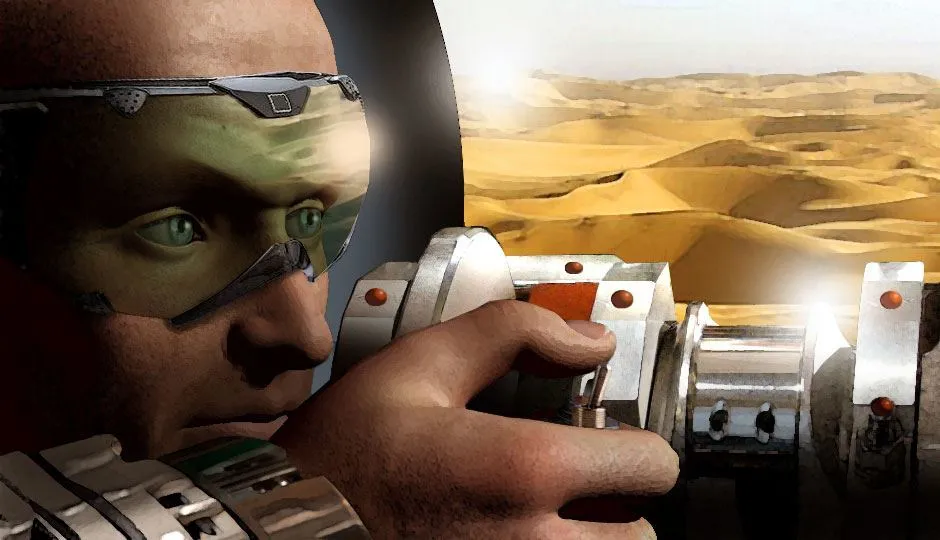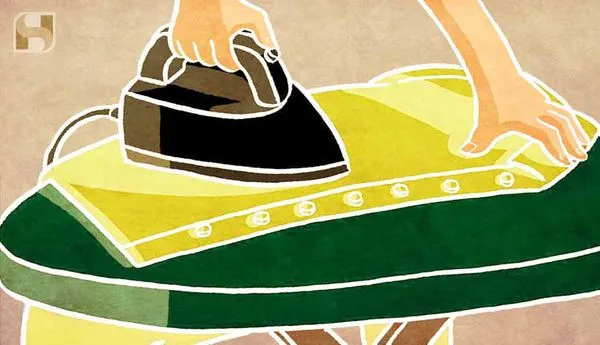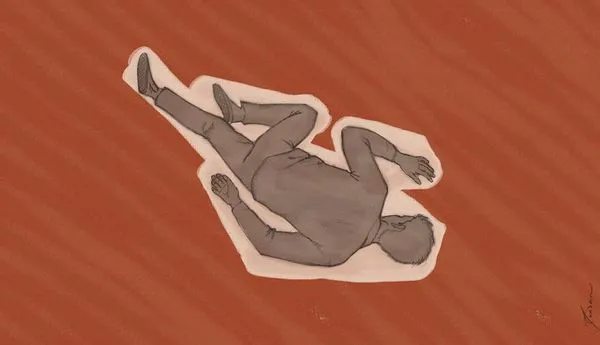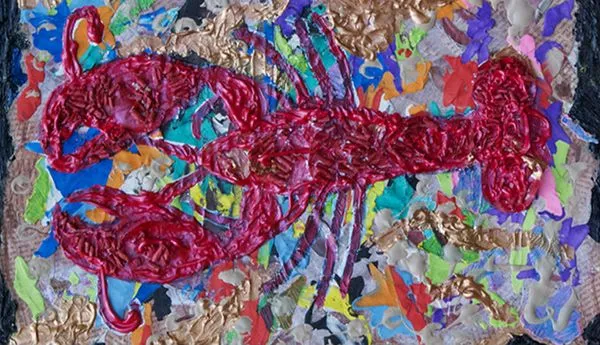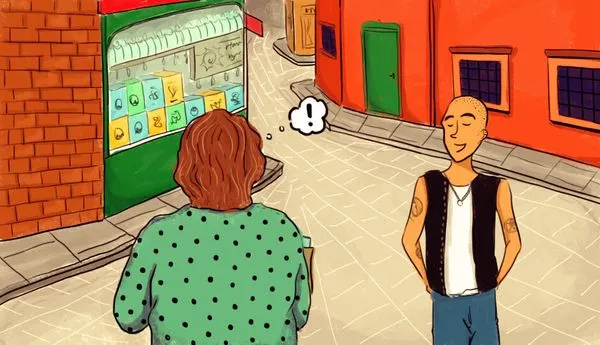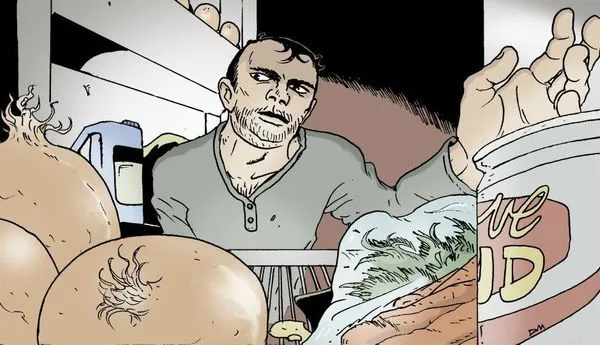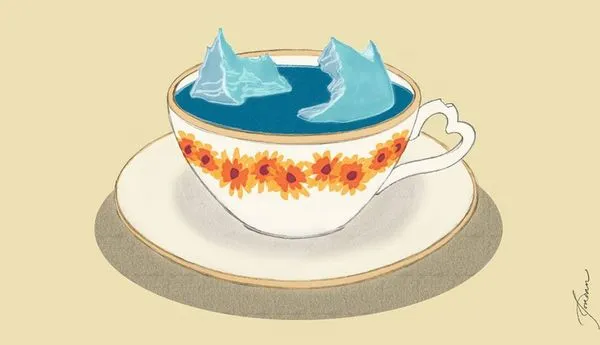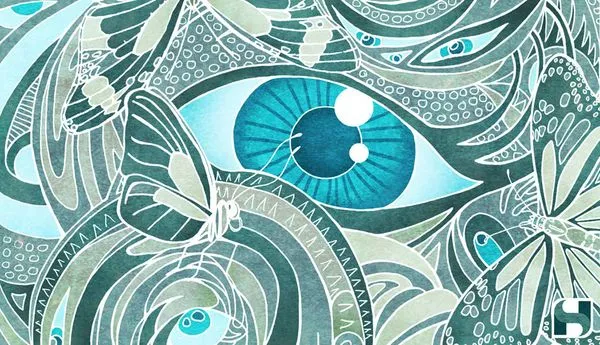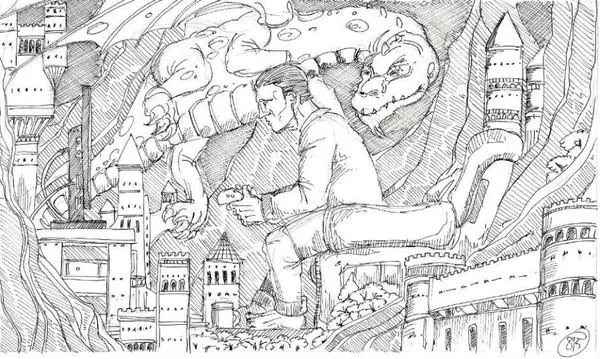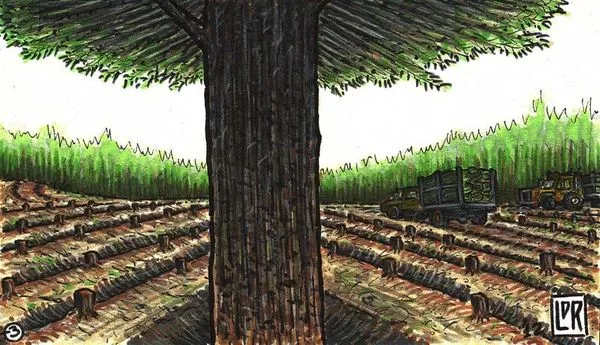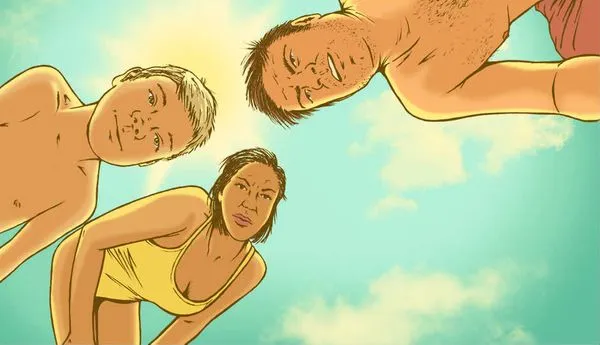The Game
Published on 2014-03-17
I line up the shadow of the enemy in the target crosshair. My heart is pounding so fast I fear it could flip right out of my chest, like a fish out of water flailing with its final gasping breaths.
“Permission to engage,” I request. My voice grates against the static in my headphones. My thumb slides on the trigger button, the sweat of nerves, excitement and adrenaline creating a slippery slope to failure. The scene framed by my visor is made hazy with the rippling shimmer of heat. But I am in a place made artificially cold.
The short refusal comes like a poke in the ribs. I can hardly believe I’ve heard it. My asking was a matter of routine, of procedure only. It was not a genuine question, so sure was I that the answer would be in the affirmative. But I daren’t ask again. That would be against the rules.
I narrow my eyes, squinting at the target within range; the perfect shot. My hands shake. The hard cold metal of the controls tempt the tips of my thumbs.
I catch a movement to my left, a flash of orange; the colour of the enemy. The colour is coming at me — and fast. But before I can react, before I can turn to face it full on; everything goes black.
Is this death?
It takes a second longer before a grey scale vision of the scene fades in. The enemy player, no longer orange but now shaded in the black and white tones of history, is frozen midstep. His right leg is bent at the knee, his foot raised. His weapon is held high concealing his face. The cloud of dust that has risen up from the arid dirt behind him, is now stranded in the air like a halo.
Is this it? Is my Game over? Is this the end?
I do not know what I’d expected. Not pain obviously. Not even the slow rhythmically typed guidance of the controller’s words appearing on my visor, as it did each morning when I logged on. But something. Something so that I knew, so I could be certain it was over, that I had died.
Instead I hang in limbo. I can do nothing but wait. I drop my hands from the Gamerpad and rub the damp anticipation from my palms onto my jeans. I shift my weight from one foot to the other and stare at the twitching sepia image on my visor.
A checkerboard of colour flashes up in front of me, so bright that I blink. By the time I open my eyes again it has gone. The screen goes dead. Like me.
“Hard luck Mike.” Controller Hairnes lurches into the room behind me, slamming the door against the back wall with brute force. Sunlight fills the darkened pod with warmth and fresh air.
I hold my hands up in question.
“What happened?” I ask.
“Can’t say,” he barks. “You know the rules lad. Once you’re out, you’re out. Intel is classified and you are no longer permitted that kinda access.”
My chest deflates in despondent self-pity as the truth hits me full on in the gut. I am dead. My Game is over. I feel a lonely sadness, a surreal sense of detached mourning for myself, for my BattleAvatar who no longer exists.
Three weeks later I hit the play button and the briefing flickers to life for the 16th time under my command. Another run of recruits begin their training.
“The time when developed countries sent real men and women onto battlefields, past enemy lines, are gone,” the electronic voice recites. “Humane warfare was realised when CompuCorp’s virtual armies entered the fight on behalf of human beings. No longer do we need to fear death in combat.”
She — or is it a he? — is right. The most modern powerful countries no longer risk the fear of sending the feeble encasement of flesh and blood that is the human form, into battle. If a man is lost to enemy fire on the frontline, their BattleAvatar will lose its one and only single life, but their human form will live on, safe in their pod many hundreds of miles away from the realities of war. The machine they had controlled is the only casualty and they are easily reassembled, quickly replaced.
A sigh of relief flows around the group of newbies. Someone shifts in their seat, the metal chair leg giving a high-pitched scream as it grates along the tiled floor.
“Perished players will be reassigned as DigiDual Trainers,” the film concludes.
Seven pairs of wide eyes turn to me right on queue, as I knew they would. As they had turned 15 times before and as mine had turned on my own trainer the first day that I saw this film.
But for me then, as for these boys and girls now, I’d believed it was just a Game. I’d believed it was fair. I’d naively assumed the other players — the enemies in my sights — were BattleAvatars too. I believed when I held my thumb down on the trigger button with a relentless recklessness and sprayed bullets into the delicate shells of men and women — that they would step away from the controls, as safe and alive as I would always be.
But War is not so clean, so fair. Our enemies are not from developed modern lands like ours. Our enemies are real people fighting and losing a war against dispensable careless robots. Technology costs.

